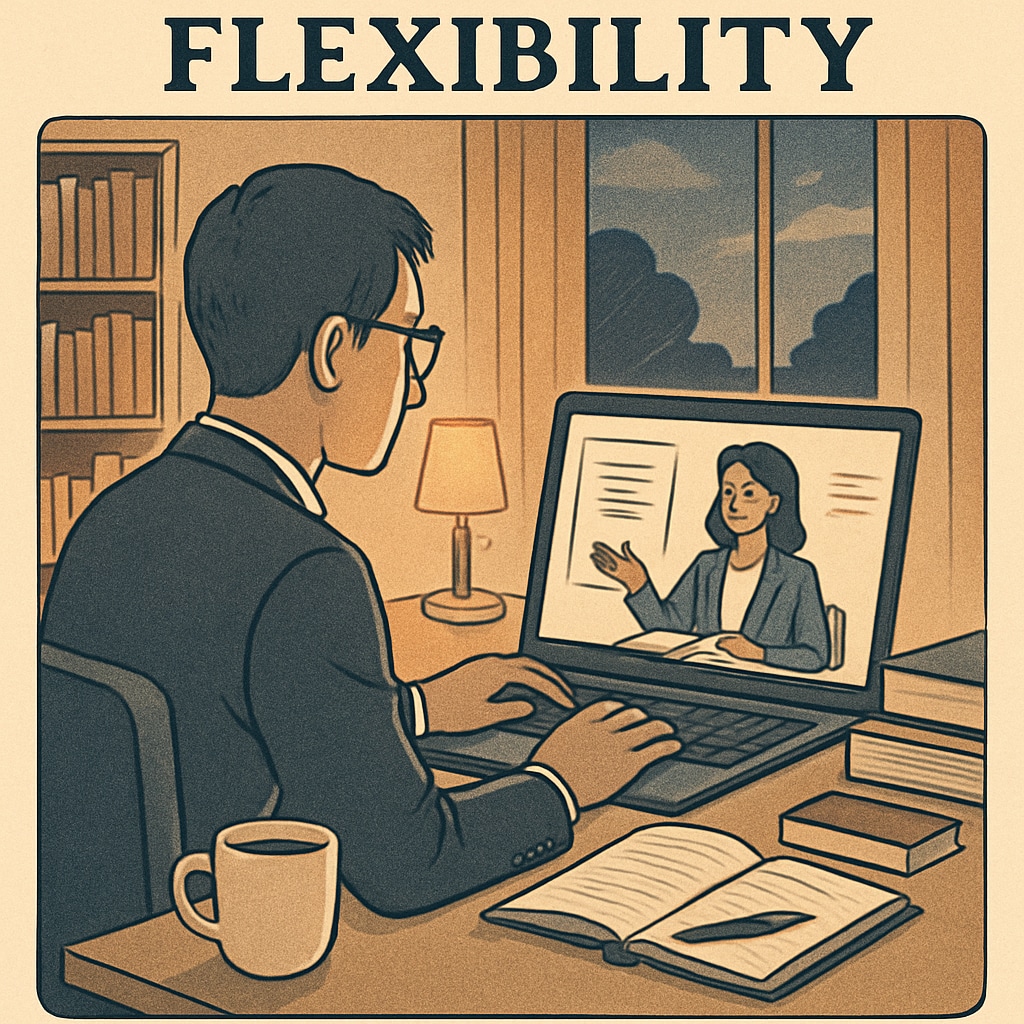For professionals over 30, balancing degrees, career growth, and continuing education can feel like walking a tightrope. With increasing demands at work and personal responsibilities, the decision to pursue additional education often comes with challenges. This article delves into the dilemma of managing work and studies, providing actionable advice on how to make the best decision for your career and personal growth.

Why Continue Education After 30?
In today’s fast-evolving job market, acquiring new skills or earning advanced degrees can significantly impact career progression. For some, continuing education serves as a tool to pivot into a different industry, while for others, it’s a way to climb the corporate ladder. According to a Britannica article on higher education, lifelong learning is critical to adapting to modern workforce demands.
However, education comes with its own set of challenges. Time, money, and energy are finite resources, and juggling these with existing responsibilities is no small feat. So, is the effort worth it? Here are some key reasons why mid-career professionals often consider further education:
- Career Advancement: Many companies require advanced degrees for leadership roles.
- Skill Development: New certifications can open doors to emerging fields like AI, data science, and sustainability.
- Job Security: As industries evolve, updated knowledge ensures you remain a competitive candidate.
- Personal Fulfillment: For some, education is a lifelong aspiration that enriches their personal lives.
Challenges in Balancing Work and Education
While the benefits of continuing education are clear, the journey is rarely smooth. Mid-career professionals often find themselves constrained by time, finances, and family obligations. Let’s break down some of the most common hurdles:
- Time Management: Full-time jobs leave little room for coursework and study. Balancing these with personal commitments requires meticulous planning.
- Financial Strain: Tuition fees, study materials, and potential income loss can be daunting, especially for those with families.
- Burnout Risk: Managing work, studies, and personal life can lead to stress and exhaustion if not handled carefully.
For example, a Harvard Business Review study highlights that professionals pursuing part-time MBAs often struggle with workload management, which can impact both their performance at work and academic achievements. Therefore, finding the right balance is essential.

How to Make Continuing Education Work for You
Fortunately, there are strategies to mitigate these challenges and make continuing education a feasible option. Here are some tips to help you succeed:
- Set Clear Goals: Decide why you’re pursuing education—whether to advance your career, switch industries, or achieve personal milestones. Having clarity will keep you motivated.
- Leverage Flexible Options: Online courses, part-time programs, and evening classes cater to working professionals. Platforms like Coursera and LinkedIn Learning offer affordable, self-paced options.
- Seek Employer Support: Some companies provide tuition reimbursement or flexible schedules for employees pursuing education. Discuss your plans with your employer to explore such opportunities.
- Create a Schedule: Use tools like Google Calendar or Trello to allocate time for work, studies, and personal commitments. Stick to your plan to avoid burnout.
- Build a Support System: Share your goals with family and friends. Their understanding and encouragement can make a huge difference.
Is Continuing Education Always the Right Choice?
While continuing education offers numerous benefits, it’s not a one-size-fits-all solution. Before enrolling, consider the following:
- Return on Investment (ROI): Will the program significantly enhance your earning potential or open up new career opportunities?
- Industry Requirements: Is an advanced degree essential in your field, or could you achieve similar results through experience and networking?
- Timing: Are you at a stage in life where you can commit the necessary time and resources without compromising other priorities?
For some, gaining hands-on experience or taking short-term certification courses might be a more practical alternative. The key is to align your education with your long-term career and life goals.
As a final note, remember that education isn’t always about formal degrees. Lifelong learning—whether through workshops, online resources, or mentorship—can be equally valuable. Embrace a growth mindset, and you’ll find opportunities to learn and grow, regardless of your path.
Readability guidance: Keep paragraphs concise, use lists to summarize key points, and incorporate transition words for smooth flow. Avoid overloading readers with too much information in one section.


